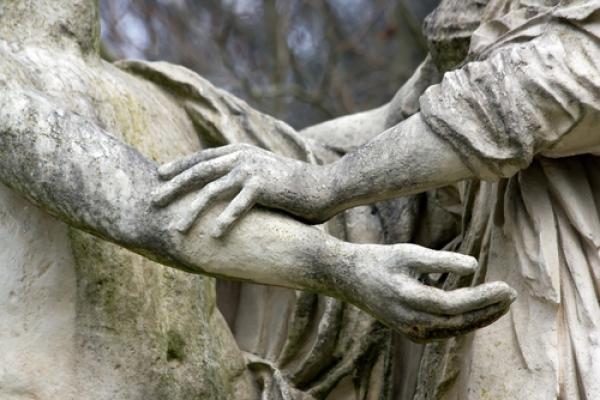Strange but beautiful things happen when we begin to identify with people who are culturally different. A few years ago, I became friends with Peter, a guy at my church who also happened to be an undocumented immigrant. One day over lunch, he shared that his mother (whom he hadn’t seen in 15+ years) had recently been diagnosed with a terminal disease. He desperately wanted to visit her, but due to his immigration status, he knew that if he left the U.S. he wouldn’t be allowed to return. Given his obligations to his family in the U.S., Peter made the heart-breaking decision to not to visit his dying mom.
As a U.S. citizen, I hadn’t personally experienced the trials of being undocumented or felt the frustration of geographic immobility while a loved one approached death in a far off land. But throughout my friendship with Peter — getting to know his family in the U.S., listening to him share about the harrowing challenges he experienced on a daily basis, and seeing photographs of his life and family in his home country — I got a glimpse of the world from his perspective. In many ways, Peter’s life was marked by sorrow and loss – and that was more evident than ever during our lunch conversation that day.
Read the Full Article

